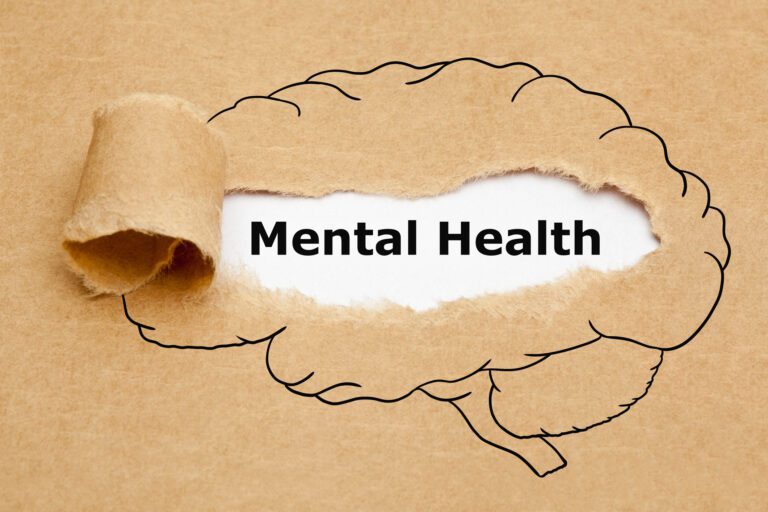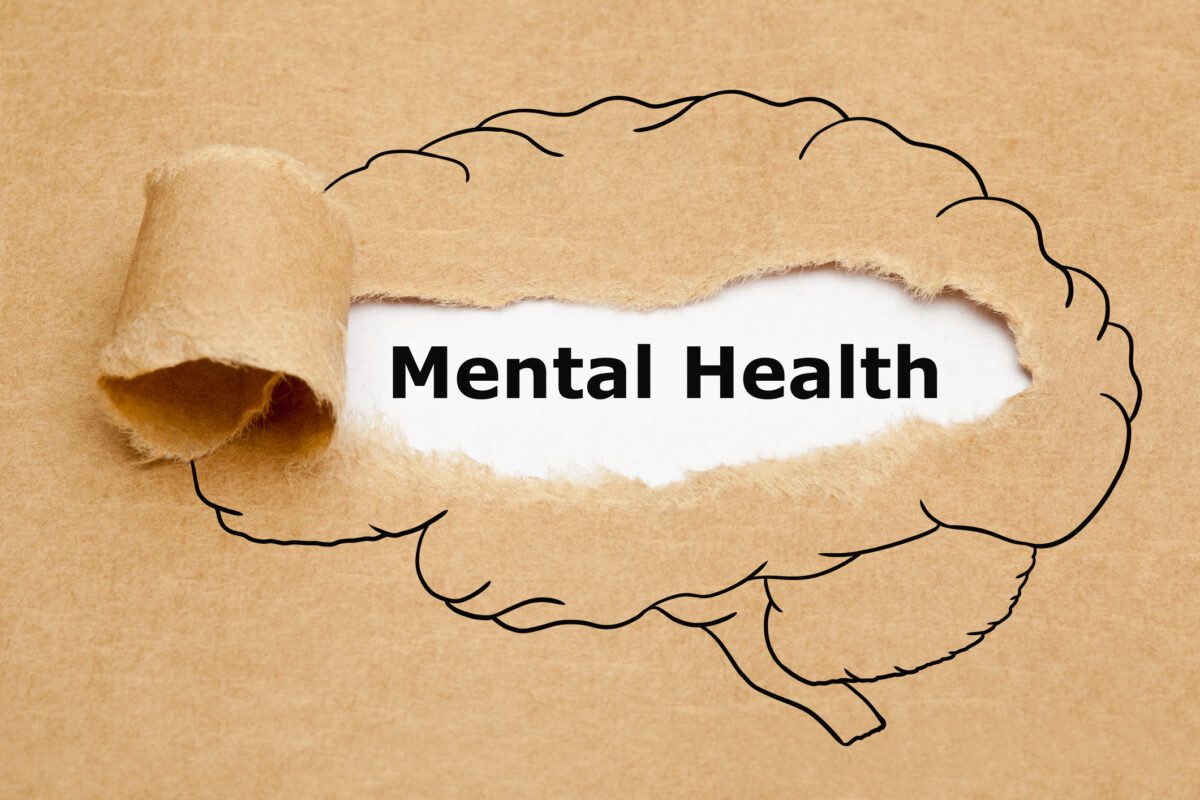College can be a challenge for those struggling with ADHD, but with the right resources and planning, you can overcome the challenges and enjoy the college experience.
It is an exciting and scary time for freshman students starting college. With more responsibility and autonomy also comes a greater need for organization, accountability, and structure.
Here are some steps to take to help to make your college experience less stressful and more enjoyable.
- See a therapist or ADHD coach in your college town-
Routinely meet with a mental health therapist on your college campus to help support the development and reinforcement of healthy coping skills. This is a good time to discuss any barriers or issues that may arise in classes.
2. Set healthy limits on your spending
Create healthy spending habits and a realistic budget to reduce any impulsive buying. College is a vulnerable time when credit card companies are enticing students to opening new lines of credit. Without knowing the facts. many students fall into debt quickly as they open new lines of credit. Utilize online banking tools and budgeting apps to help manage spending and bills. Asking for support from your parents may also be beneficial.
3. Exercise regularly
Exercise has been long known to be the best non-pharmacological treatment for ADHD and has been proven to cause an increase in executive functioning in those with ADHD
Going to the gym daily or taking a walk around campus can help clear your mind, help manage stress, and increase the production of the “feel good” neurotransmitter, dopamine, which helps improve attention and focus.
4. Avoid online classes if possible
With the number of COVID cases declining, many colleges are moving back to in person classes. In person classes help provide more structure and guidance. There is the ability to engage and interact with the professor and other students. There are many distractions at home when completing an online class that may make structure, organization, and follow through more difficult.
5. Build and utilize a support system
Maintaining communication with family and friends is important to support you during the college adjustment period. Stay engaged in class and form study groups. Utilize tutors, support groups, clubs, the library, and the writing center.
6. Create a routine
Let’s face it. We all thrive on routine, predictability, and structure. To help create a routine you may want to try using a digital calendar, planner, and reminders to help organize your class schedules and assignments. Learning study tools, skills and utilizing breaks can help you successfully complete assignments on time.
7. Be organized and on time-
In the morning, set two alarms and place in a hard to reach area from your bed. Set the alarms early in order to give yourself plenty of time to get ready.
Use your phone or watch to set reminders or routine alarms to help stay on track and avoid distractions.
If disorganized, create an area by the exit door with all the necessities for each day. This may include car keys, glasses, purse, and backpack to be organized for the day.
Use notes and planners to help write and keep track of the to-do lists. Cross of each task immediately upon completion. Use highlighters for priority tasks and place tasks that are not high priority on the bottom of the paper.
8. Plan, Assess, and Prioritize your time
Be proactive in your time management. On Sundays, develop a schedule and plan for the week, and stick to it. Review the plan daily each morning to help prioritize and get ready for the day’s schedule. Re-assess or make changes, if needed, depending on what was completed the day before.
9. Stick to the plan
Follow through is typically the hardest part for those with ADHD. Negotiate rewards for yourself. For instance, tell yourself “I’ll study for two hours and then meet my friend for lunch.” Schedule time with study groups throughout the week to help hold you accountable.
10. Get adequate sleep
Approximately 60% of college students report sleep disturbances. Insomnia may negatively influence physical energy, cognition, and emotions that ultimately may inhibit executive functioning. Consistently follow a bedtime and morning routine each day to help keep your body on track. Avoid caffeine after 3 pm if possible. Get to sleep before 11 pm and strive for 7-9 hours of sleep nightly.
#adhdincollege














